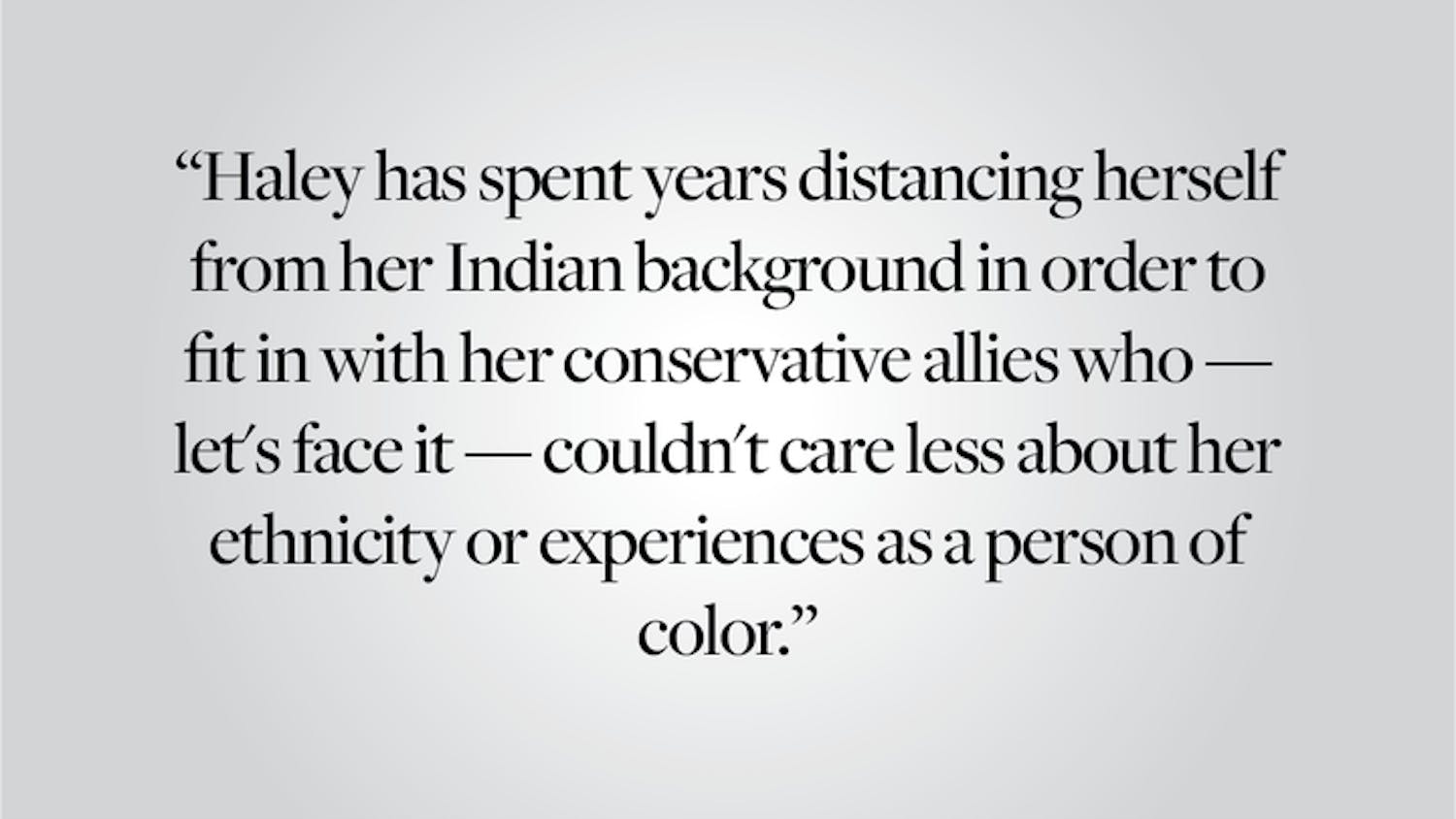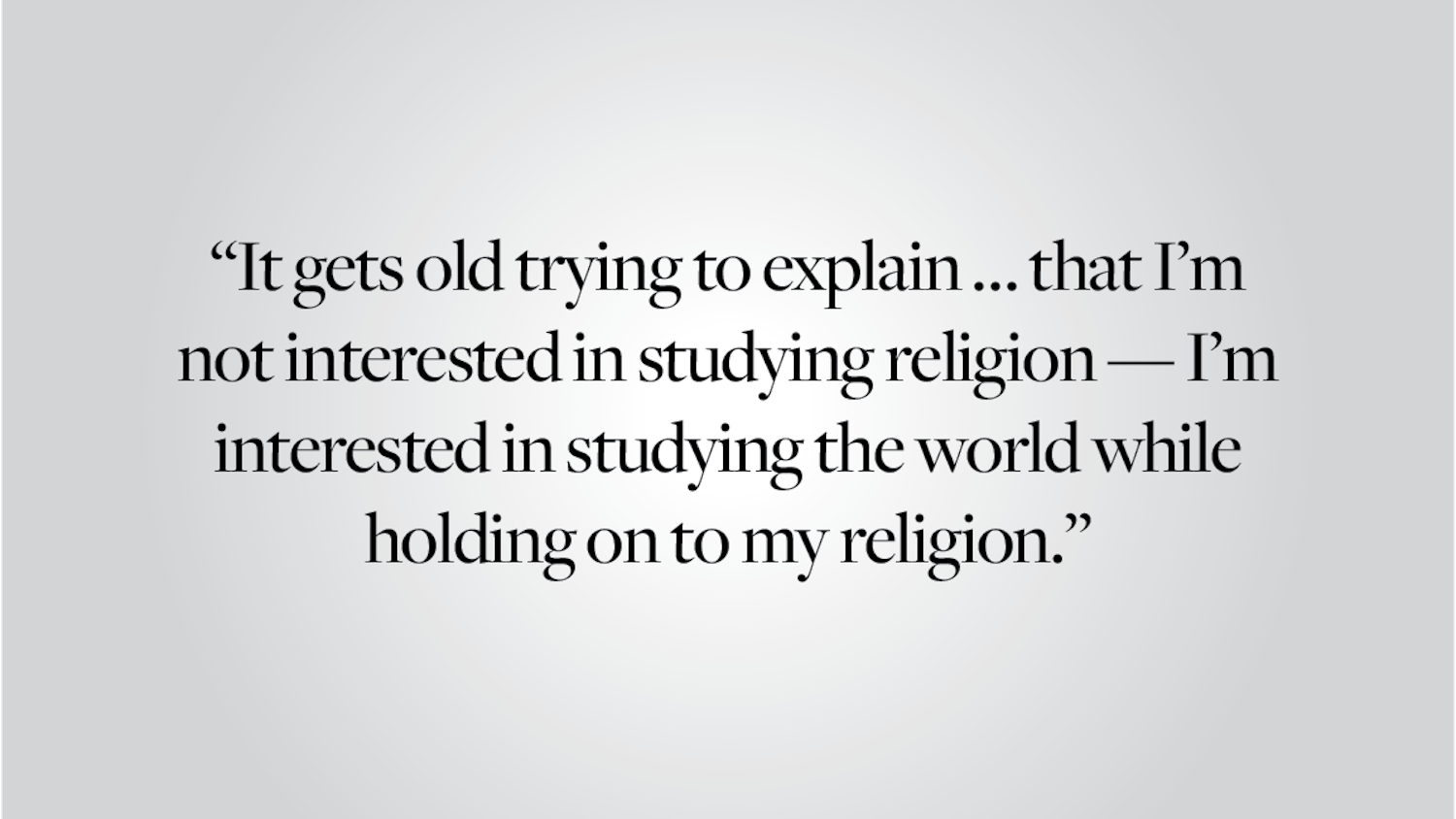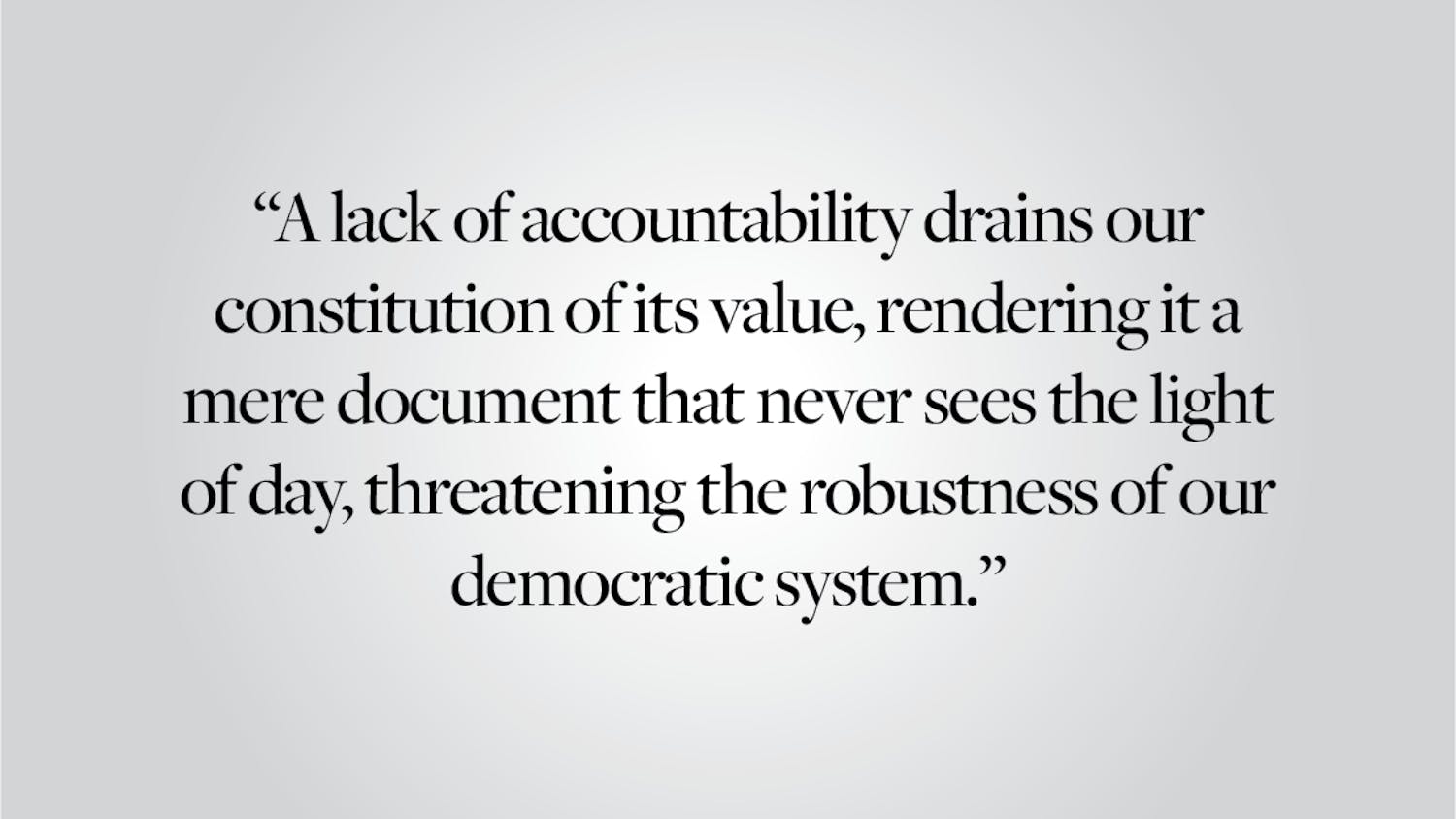As a college student, I find that I have to introduce myself a lot. Usually I say the same things: My name is Michelle, and I am a Michigander. I am a chef, an athlete and a musician. I spend my free time doing yoga, playing sports and singing. I am an older sister. I am a foodie. I am a scientist.
But what I don’t usually say is that, for over two years now, I have struggled with an eating disorder.
This is something I wasn’t able to admit to myself until a few months ago. It was even longer before I was able to tell someone else for the first time. It’s something I never thought I would have to say, and I wish I didn’t have to. But I do, and if there is one thing that I want to take from this ordeal, it is the chance to prevent someone else from going through what I have experienced.
My eating disorder has taken multiple forms over the years. What began as a harmless health kick before college quickly devolved into orthorexia nervosa and borderline anorexia nervosa. Since starting school, I have struggled with everything from binging and purging (through obsessive exercise) to the effects of the intense anxiety and incapacitation that accompany eating disorders.
I am scared to make these things public. I am terrified that people will start to perceive me the way that I perceive myself every single day — as “fat,” “undesirable” and “ugly.” I am embarrassed to admit my experiences, but I feel that I have to. If I don’t, nobody will, and the silence and suffering will continue.
To this day, I’m not sure how typical (or atypical) my experience with disordered eating has been. Through extensive research and reading, I’ve lumped my symptoms together into self-diagnosed EDNOS — eating disorder not otherwise specified — but, I still haven’t been able to bring myself to reach out for professional help. Though a doctor might not have signed off on my diagnosis, that doesn’t make the things I’ve gone through any less real — and that is something incredibly important that I don’t think enough people realize.
Eating disorders do not discriminate. They affect people of every race, ethnicity, age, gender and socioeconomic level. They are much more prevalent than people realize and consequently often go undiagnosed and untreated.
One of the reasons this happens is because we don’t talk about disordered eating enough. It took me a year and a half to realize that I had an eating disorder, due in large part to the fact that I had never heard or talked about them before. I internalized all the anxiety, desperation and self-loathing that eating disorders breed, and I blamed myself.
For both my sake and the sake of others, I want to try to be the voice that could have helped me two years ago. I want to start a conversation about disordered eating because it’s so easy to forget that you are not alone. Other people are struggling with the same things you are, no matter how much it might seem otherwise. And there are always other people who love you and believe in you unconditionally.
Reaching out to other people isn’t easy, and I learned the hard way that it might not always help. The first person at Brown to whom I admitted my struggles ended up contributing to a bad relapse over winter break. It made the holidays difficult and the start of the semester even harder, but it also provided a welcome opportunity to remind myself of the overwhelming support I have both here and at home.
You are not alone. I am not alone. Our society doesn’t stress this enough, and I hope that I can change that, even on the smallest scale. This year, National Eating Disorder Awareness Week is Feb. 21-27. I am thankful for the opportunity to work with a variety of resources across campus, such as the BWell Health Promotion Office, Project LETS at Brown and, most importantly, incredible fellow students who also have lived experience with disordered eating. We’ll be hosting events throughout the week, including student-led panels and body-positive activities. I am so thankful for the opportunity to work with such beautiful, strong and courageous people, and I can only hope that my words — quiet and uncertain as they may be — might reach someone who needs them.
Michelle Zabat ’18 can be reached at michelle_zabat@brown.edu. Please send responses to this opinion to letters@browndailyherald.com and other op-eds to opinions@browndailyherald.com.




